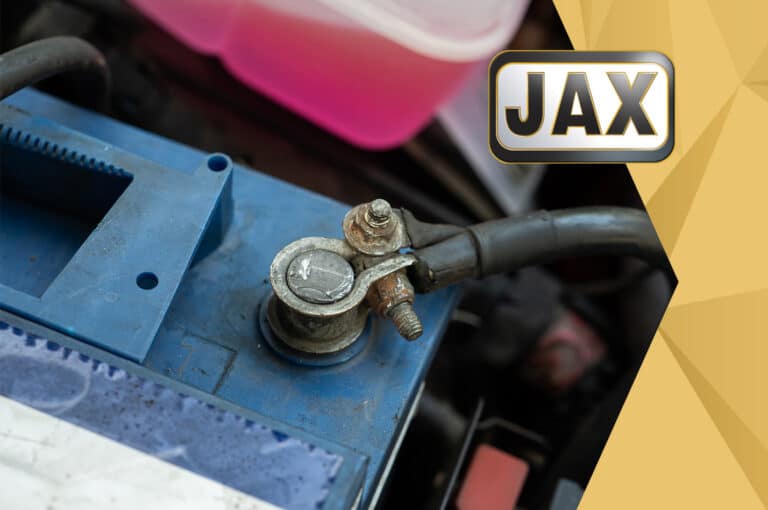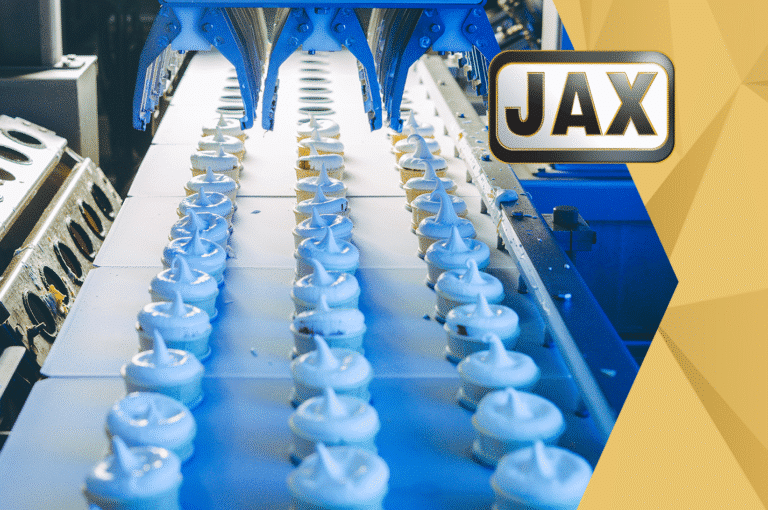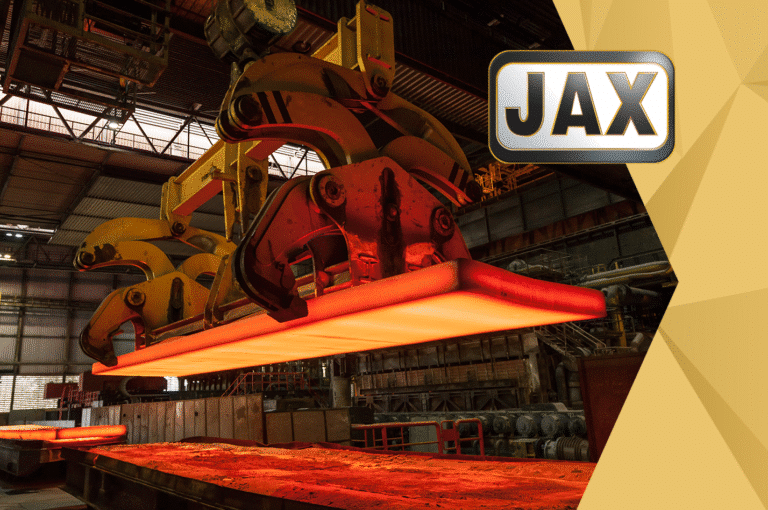Lubricants play a vital role in ensuring the efficient operation of various types of machinery and equipment, from the engines in our cars to the hinges on our doors. While multi-purpose oils and greases offer convenience and versatility, they are not meant to be used everywhere.
Composition
Lubricants are typically made of a base oil with additives to provide additional benefits and/or support the oil in the application. Greases will also have a ‘soap’ that holds their body together. Each lubricant is formulated to meet the needs of their equipment and environment. When the wrong lubricant is used, equipment and parts can run into all sorts of issues. Let’s dive into the considerations for choosing a lubricant and what happens when they’re overlooked.
Base Oil Selection
Lubricants are typically based on refined mineral oils that perform well in generic conditions. Certain applications, however, are too extreme for mineral oils to effectively lubricate. When it comes to extreme temperatures (below 0°F or above 200°F), mineral oils will thicken too much or degrade too quickly (respectively) making them poor choices. Synthetic lubricants based on other bases, like PAOs or esters, are typically more suitable. Mineral oil lubricants are also not to be considered when biodegradability is needed, such as in many marine applications. For these, consider biodegradable base stocks, like certain esters.
Viscosity
Viscosity refers to the resistance of flow. The more viscous a lubricant is, the slower it will flow. Lower viscosity products, on the other hand, will flow faster. The below points are all impacted by a lubricant’s viscosity, making it a key factor when selecting a lubricant to use.

Speed
Generally, high-speed applications use lower viscosity fluids. These lubricants are fluid-like so they can move through small parts at rapid speeds seamlessly. A thicker, more viscous lubricant would clog in those parts, causing seizures and failures.
Temperature
Temperature is another key consideration. When a temperature is too high, you may experience unpleasant effects like separation, discoloration, or rapid degradation. When a temperature is too low, it may thicken or stiffen, creating resistance in the part, which can lead to increased strain on the part, pressure, overheating, motor and engine failures, etc.
Load Pressure
The makeup of a lubricant is heavily dependent on anticipated load. The right base oil and additives are used to allow the lubricant to function properly without being compromised by the pressure (and heat that’s often generated by it).
Humidity and Moisture
Not all lubricants can handle moist environments. Water from general humidity or intentional spray-downs, for example, will compete with a lubricant for the metal surface of machine parts. Some lubricants contain additives that are meant to protect equipment from rust and corrosion. Those additives are ideal for most moist environments but may not be suitable for others and require other additives to do the job.
While multi-purpose lubricants can fulfill some of these requirements, specialized lubricants are better equipped to handle specific aspects of lubrication. If you have inquiries regarding lubrication and need assistance in finding the right solutions for your application, don’t hesitate to contact your JAX representative or reach out to us directly.








